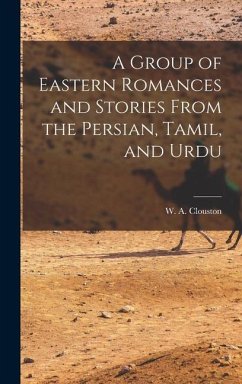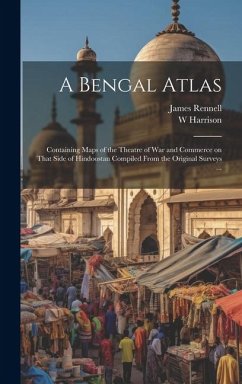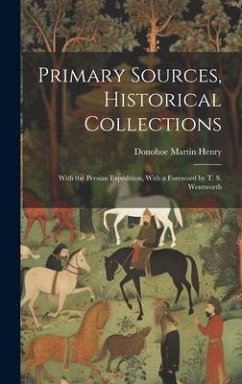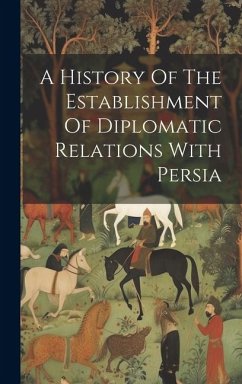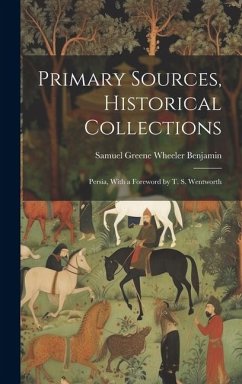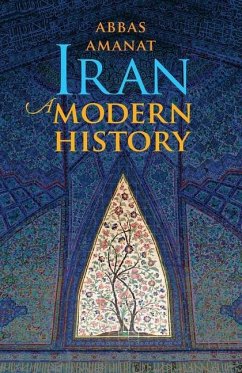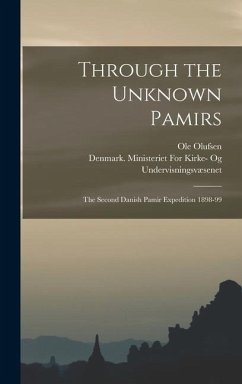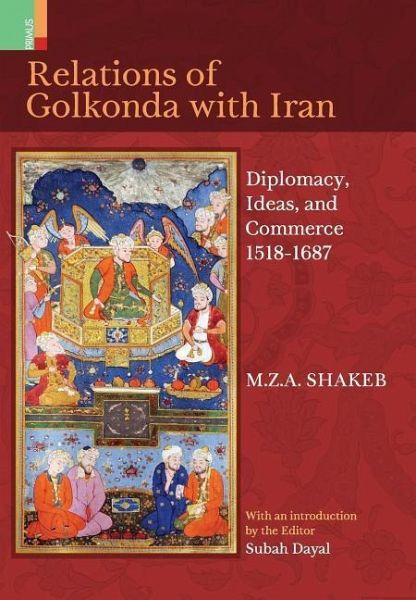
Relations Of Golkonda with Iran: Diplomacy, Ideas, and Commerce 1518 - 1687
Versandkostenfrei!
Nicht lieferbar
Between the fifteenth and seventeenth centuries, the Deccan sultanates of southern India lay at the crossroads of maritime and agrarian empires of the early modern world. While the artistic and architectural merits of the Deccan's Indo-Islamic courts are wellknown, the region's unique historical relationship to Iran remains unexamined, often subsumed under the shadow of the Mughal Empire. This volume explores the diplomatic connections and intellectual linkages of the Golkonda sultanate with Safavid Iran and Mughal Hindustan. Complementing studies of early modern empires, it examines a breadth...
Between the fifteenth and seventeenth centuries, the Deccan sultanates of southern India lay at the crossroads of maritime and agrarian empires of the early modern world. While the artistic and architectural merits of the Deccan's Indo-Islamic courts are wellknown, the region's unique historical relationship to Iran remains unexamined, often subsumed under the shadow of the Mughal Empire. This volume explores the diplomatic connections and intellectual linkages of the Golkonda sultanate with Safavid Iran and Mughal Hindustan. Complementing studies of early modern empires, it examines a breadth of Persian manuscripts, epistolary correspondence, archival documents, and European travel accounts from the Deccan. It is one of the first of its kind to explore the movement of knowledge, talent, and people in the early modern world from the perspective of a non-imperial, regional polity. Regional sultanates were not merely receivers of statecraft, religion, and politics from large empires, but also a critical site where diplomatic negotiations and new forms of intellectual exchange transpired and bore upon broader shifts in the eastern Islamic world.




![Diary and Consultation Book ... [serial]; 12/13(1687) Cover Diary and Consultation Book ... [serial]; 12/13(1687)](https://bilder.buecher.de/produkte/65/65544/65544207n.jpg)
